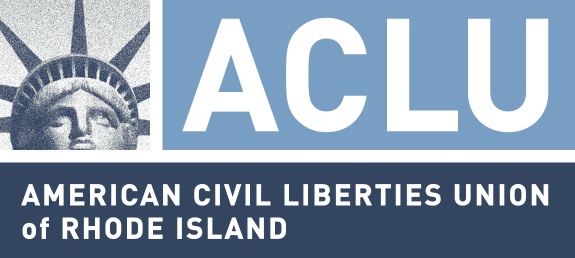
PROVIDENCE – A federal judge has approved a settlement agreement related to a Cranston ordinance that prohibited panhandling in the city, declaring that the ordinance was unconstitutional for violating the First Amendment, the American Civil Liberties Union of Rhode Island Inc. announced Tuesday.
The ordinance, enacted in 2017, prohibited any individual from entering a roadway “for the purpose of distributing anything to the occupant of any vehicle or for the purpose of receiving anything from the occupant of any vehicle.”
U.S. District Court Judge William E. Smith’s consent judgement bars the city from “enacting a similar ordinance that prohibits or interferes with the First Amendment rights of a person to stand in or enter a roadway to distribute anything to an occupant of any vehicle or to receive anything from the occupant of any vehicle,” but also allows the city to “move to dissolve this permanent injunction due to a change in circumstances or in the law” after the passage of two years.
The city is also required to notify all Cranston prosecutors and law enforcement officers of the judgement and their obligation to not enforce the ordinance. The city was also ordered to pay $140,000 in lawyers fees to the plaintiffs.
Cranston Mayor Kenneth J. Hopkins in a statement said the settlement is “an acceptable resolution that minimizes future financial exposure to the city.”
The ACLU of Rhode Island had brought the case against the city on behalf of the R.I. Homeless Advocacy Project; two Cranston residents, Karen Rosenberg and Deborah Flitman, who wanted to leaflet from traffic islands but were barred from doing so under the ordinance; and Francis White Jr., a disabled and formerly homeless person, who has occasionally relied upon panhandling to support himself, the organization said.
“Anti-panhandling ordinances serve only to criminalize poverty. The ACLU is hopeful that this consent judgment will mark the last attempt by municipalities across the state to punish those who peacefully seek to exercise their First Amendment right to solicit financial support from strangers,” said Steven Brown, ACLU of Rhode Island executive director, in a statement Tuesday.
The ACLU had previously settled a lawsuit with Cranston in 2016 over a similar ordinance.
(ADDS fifth paragraph with comment from Cranston mayor.)












